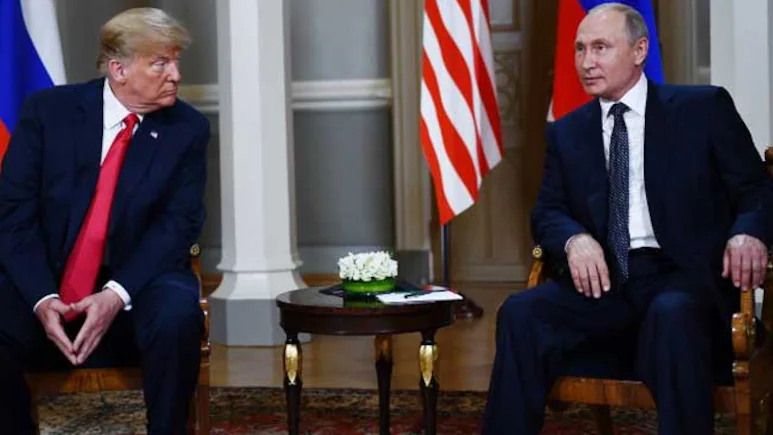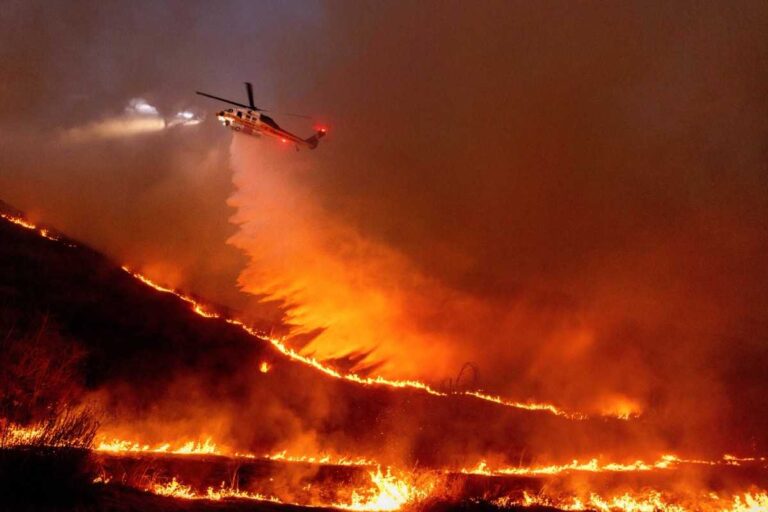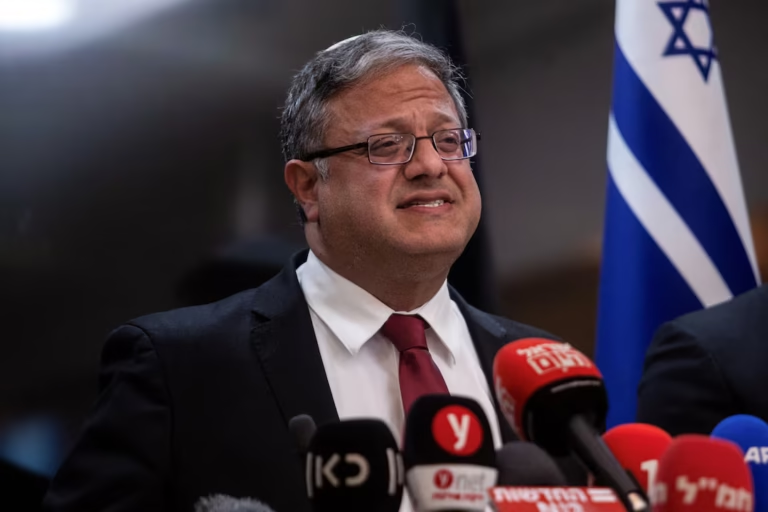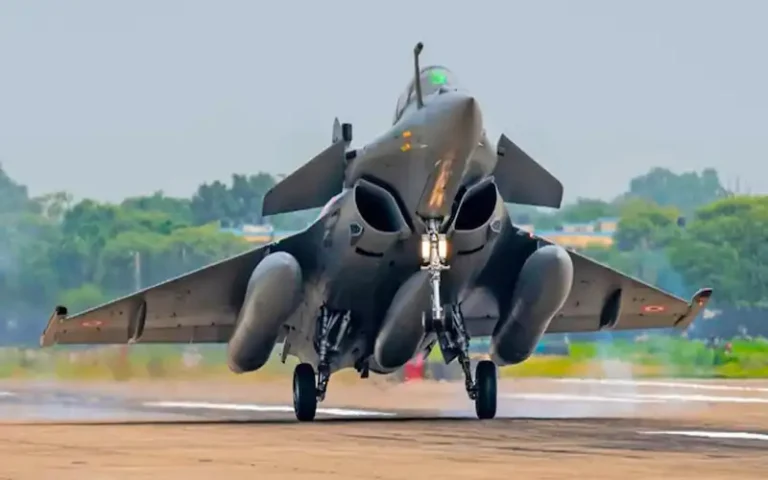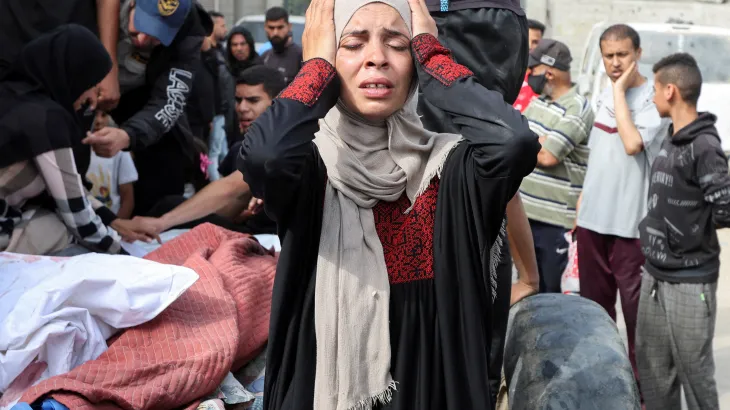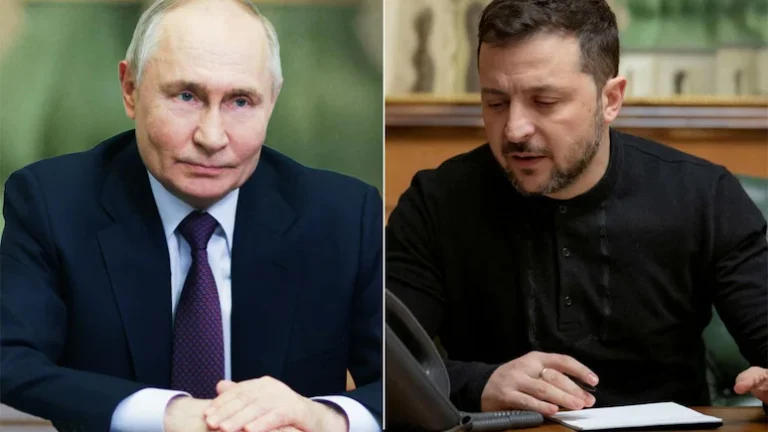Countries May Try to Disrupt Trump-Putin Peace Talks on Ukraine, Says Russian Envoy
Kirill Dmitriev, Russia’s investment envoy, alleges that unnamed nations will attempt to sabotage the August 15 meeting between U.S. President Donald Trump and Russian President Vladimir Putin through orchestrated provocations and disinformation. The summit, aimed at negotiating a ceasefire deal in the Ukraine conflict, has already provoked concerns among European and Ukrainian leaders regarding its potential implications.
Summit Overview: Trump and Putin Set to Meet in Alaska
President Trump formally announced that he will meet with President Putin on August 15, in Alaska, to negotiate an end to the ongoing Ukraine war ReutersThe Washington Post. Trump described the meeting as an effort to broker a ceasefire deal, which may include territorial swaps between Russia and Ukraine—terms that have sparked concern across Europe ReutersDeutsche Welle. While Ukraine’s President Volodymyr Zelenskyy maintains his readiness to negotiate, he has made it clear that Ukraine’s participation is essential and its territorial integrity must not be compromised AP News.
Moscow’s Warning: Disruption, Disinformation, and Provocation
On August 9, Russian investment envoy Kirill Dmitriev issued a forewarning that certain countries, which remain unnamed, might make “titanic efforts” to disrupt the upcoming Trump–Putin summit. He warned these efforts would likely involve “provocations and disinformation,” hinting at a broader effort to prolong the Ukraine conflict rather than resolve it Reuters.
From Dmitriev’s standpoint, the summit could facilitate a ceasefire that embraces terms deemed unfavorable by some Western nations—particularly those opposed to Ukraine surrendering territory ReutersThe Economic Times.
International Reactions: Alarm and Urgency
Ukraine
President Zelenskyy emphasized that excluding Ukraine from negotiations would render any peace deal hollow, labeling such discussions as “dead solutions” unless Kyiv is involved AP News.
Europe
European leaders, particularly within the EU and NATO framework, have responded with caution. At a London summit in March 2025, UK Prime Minister Keir Starmer and other leaders affirmed that peace talks involving Europe and Ukraine must be inclusive to ensure a “just, comprehensive, and sustainable peace” Wikipedia+1.
There is also a growing push to form what some media have termed a “coalition of the willing,” aimed at offering security guarantees or even peacekeeping support in Ukraine—not just diplomatic efforts Wikipedia.
The Stakes: What’s at Risk?
The upcoming summit may mark a pivotal moment in international diplomacy—either a moment for peace or a flashpoint for deeper geopolitical rifts:
- US–Russia Dynamics: Trump’s direct engagement with Putin, absent Ukraine, could tilt negotiations in Russia’s favor or signal a new phase of realpolitik.
- Global Response: NATO allies and Ukraine are mobilizing to both influence and counterbalance such high-level talks, stressing that inclusivity is non-negotiable.
- Information Warfare: Dmitriev’s warning underscores the role of disinformation in modern diplomacy—and the risk that attempts to derail peace could come from behind the scenes.
What’s Next?
- August 15 Summit: Will Trump and Putin deliver a substantive agreement, or will efforts to derail the talks succeed?
- Ukraine’s Involvement: Whether Zelenskyy or his representatives are invited could shape public and diplomatic perceptions.
- Follow-Up Moves: European coordination, sanctions policy, or the formation of a unified diplomatic front remains in flux.
The coming days could prove critical: a breakthrough toward peace—or the start of a dangerous diplomatic detour.
